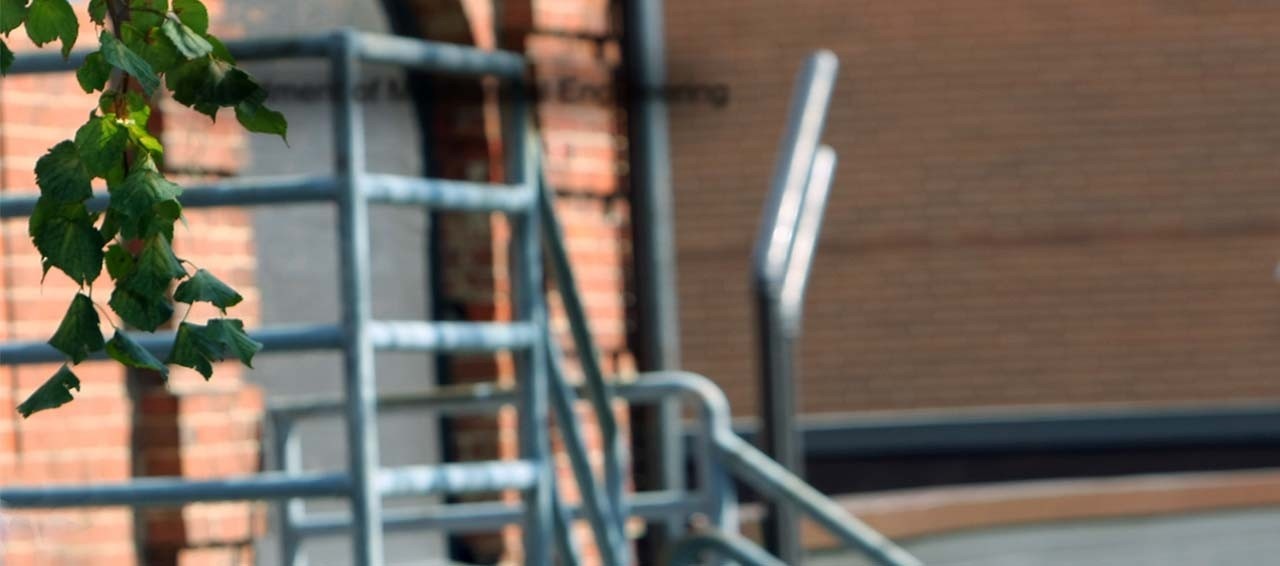Bachelor of Engineering (Non Coāop)
Non co-op Bachelor of Engineering students take the same academic program as the co-op students; however, Study Term 6 may be taken before Study Term 5 if desired. In this way, the program can be done in a total of four years.
| Year | Fall | Winter | Summer |
|---|---|---|---|
| 1 | Study Term 1 | Study Term 2 |
Free |
| 2 | Study Term 3 |
Study Term 4 |
Free |
| 3 | Study Term 5 |
Study Term 6 |
Free |
| 4 | Study Term 7 |
Study Term 8 |
Ģż |
Courses
The curriculum is designed to develop an understanding of the fundamental principles of Mechanical Engineering through lecture, tutorial, and laboratory activities.
Courses in mathematics, and various non-technical subjects are offered to broaden the studentās outlook and understanding of the profession. Visit the For pilipiliĀž» section to view the full program curriculum.
Labs
Laboratory involvement is considered an important component of your education. Emphasis in the laboratory is placed on project work in which design, development and testing are combined in term projects.
The laboratory facilities include extensive equipment which is available for use by both undergraduate and graduate students. Measurement techniques and interpretation of test data are emphasized in the laboratories, which include several testing machines, photoelastic equipment and strain gage facilities. The control systems laboratories include hydraulic, pneumatic and electronic control systems and components. Several test cells are available for engine testing and a well instrumented, low turbulence wind tunnel is available.
Most undergraduate laboratories use high-speed PC-based digital data acquisition and control systems with graphical interfaces for lab experiments and computations, and the department has several advanced computer graphics systems.
Senior year design project
A design project is an integral part of your senior year curriculum. Generally, the material learned in several classes must be applied in an imaginative way to achieve the required objective.
Non-credit machine-shop practice classes are available to aid the design and construction of projects. Many design projects are sponsored by industry. Most projects involve hardware and typically result in construction and testing of prototypes.
